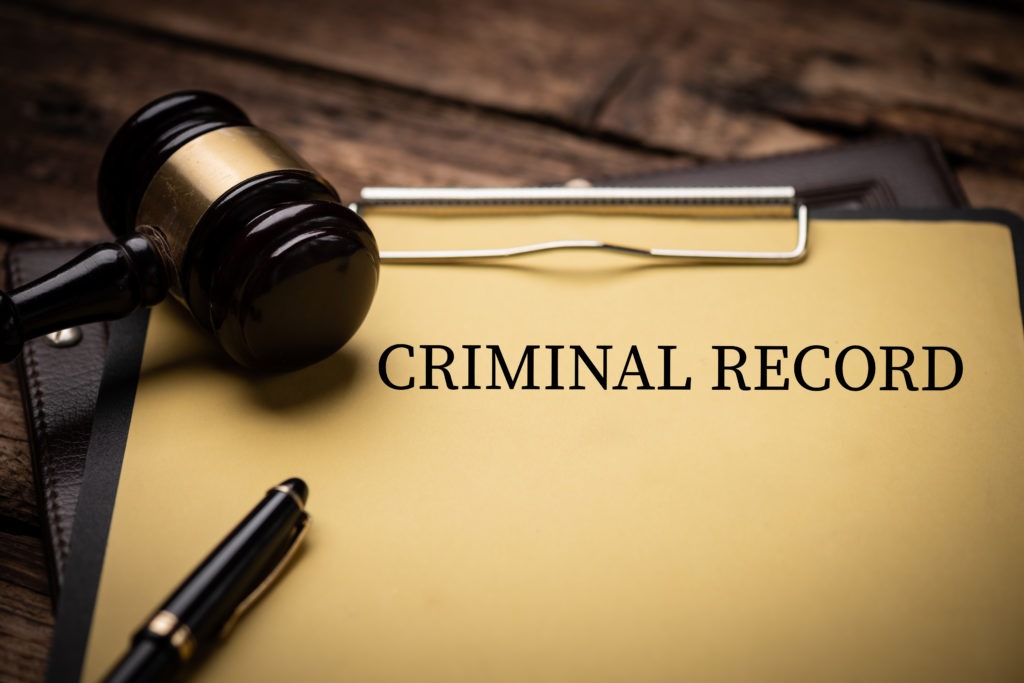Although you may be planning for a specific career, you might be concerned that your criminal background will keep you from obtaining the professional or occupational license that you need. The Texas legislature has created a way to find out whether you qualify for some of these licenses based on your criminal background. Getting this information upfront can help you avoid spending time and money working toward a career for which you may be unable to receive a license.
Your Criminal History and the Texas Department of Licensing and Regulation (TDLR)
Under Tex. Occ. Code § 51.4012, you can request a criminal history evaluation letter from the TDLR determining whether you would be eligible for a license issued by the agency based on your criminal history. TDLR governs dozens of occupations, from barbers and midwives to athletic trainers and tow truck operators. Having a criminal history may adversely affect your ability to obtain a license for various professions under state law.
No specific crime prevents you from getting a professional or occupational license. However, TDLR will seriously consider and evaluate two general types of crimes:
- Crimes that relate to the occupation and have a victim
- Any felony or state jail felony that could or did result in you being incarcerated
However, despite these general guidelines, TDLR has the discretion by law to deny any license applicant who has a conviction, deferred adjudication, or other information that shows a lack of honesty, trustworthiness, or integrity.
TDLR also publishes Criminal Conviction Guidelines, which list the crimes that TDLR considers related to each occupation. These Guidelines discuss general factors that TDLR considers in evaluating the criminal history of all applicants for all types of licenses. They also explain why some crimes relate to specific types of occupations.
Generally, “guideline” crimes for most occupations include:
- Crimes against the person, such as homicide, kidnapping, and assault
- Crimes involving prohibited sexual conduct
- Crimes involving children, older adults, or the disabled as victims
- Crimes involving fraud or deceptive business practices
- Crimes against property, such as theft or burglary
Other guideline crimes pertain directly to the function of the occupation at issue. For instance, guideline crimes for driver education and safety instructors include crimes involving the operation of a motor vehicle, such as driving while intoxicated, intoxication assault, intoxication manslaughter, reckless driving, and fleeing or evading a police officer. In addition, guideline crimes related to laser hair removal licenses include practicing medicine without a license.
Getting a Criminal History Evaluation Letter from TDLR
You must submit a request form for a criminal history evaluation letter to TDLR, along with a completed criminal history questionnaire for each crime of which you were convicted or placed on deferred adjudication and the required fee.
When TDLR receives a criminal history evaluation letter request form, it reviews your criminal convictions, deferred adjudication records, and any other relevant criminal records. This review may include consideration of court and police records, an interview with you, and interviews with other persons who know about your criminal background, such as parole or probation officers, police officers, or counselors.
The TDLR will issue a criminal history evaluation letter within 90 days of receiving a complete request. The letter will recommend whether you should receive a license based on the information available to TDLR at that time.
The Effect of a Criminal History Evaluation Letter
A criminal history evaluation letter is not binding on the TDLR. As a result, your circumstances may have changed by the time you apply for a professional or occupational license. Furthermore, the TDLR’s view of or policies concerning your situation may have changed.
Since a criminal history evaluation letter is not binding and not a final decision by TDLR, you have no right to appeal a criminal history evaluation letter that is unfavorable to you. You can still apply for the license if you believe that you should be eligible despite an adverse criminal history evaluation letter. You then will undergo a complete background investigation, just like other applicants, and receive a decision on your license application.
If TDLR denies your license application, you then have the right to challenge that denial through the appeals process. You can ask for a hearing before an administrative law judge (ALJ) at the State Office of Administrative Hearings (SOAH). The ALJ will make a recommendation, and the commission that handles the license in question will issue a final decision on the denial of the license.
Protect Your Professional License Today
Getting a criminal history evaluation letter allows you to determine whether you can get a professional license and embark on the career you have planned. Contact the license defense attorneys of Bertolino LLP, for assistance with your case. You can reach our offices by calling (512) 515-9518 or contacting us online.
Call or text (512) 476-5757 or complete a Case Evaluation form



